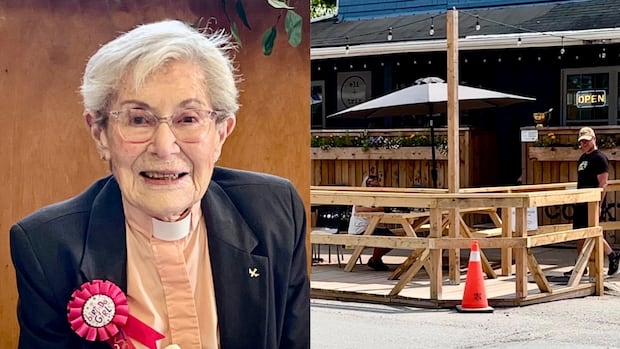Claimants of off-reserve Mi’kmaq status suing Nova Scotia over hunting, fishing rights

The Native Council of Nova Scotia’s $40-million lawsuit against the province for refusing to recognize the hunting and fishing rights of its members will continue as a class action.
In a decision published Wednesday, the Nova Scotia Court of Appeal rejected arguments by the attorney general of Nova Scotia that the council’s suit should not be allowed to proceed as a class action.
The lawsuit stems from a debate over who is of Indigenous ancestry and thereby has constitutionally guaranteed rights to hunt and fish.
The Native Council of Nova Scotia represents some 3,500 off-reserve people in this province who claim aboriginal ancestry. A portion of those who have provided what the NCNS deems suitable proof of ancestry carry Aboriginal Treaty Rights Access passports issued by the NCNS.
From 1990 to 2017, the Department of Natural Resources recognized those passports as conferring to their holders the right to hunt and fish on Crown land, including hunting moose in Cape Breton.
In response to a request from the Assembly of Nova Scotia Mi’kmaq Chiefs, the provincial government changed its position to recognize only status cards from members of the province’s 13 Mi’kmaq First Nations.
‘Not taken lightly’
“Effective August 15, 2017, the beginning of the Mi’kmaq moose hunting season (as per the Assembly of Nova Scotia Mi’kmaq Chiefs Moose Hunting Guidelines), the Province will only accept status cards from Nova Scotia Mi’kmaq First Nations for the purpose of harvesting renewable resources under provincial jurisdiction,” reads a July 2017 letter from the Department of Natural Resource to the NCNS.
“I would like to reiterate that this decision was not taken lightly. The Native Council has been a leader in resource conservation in administering its ATRA program, and continues to provide valued programs and services to the off reserve aboriginal community in Nova Scotia. This issue is fundamentally about how the Mi’kmaq of Nova Scotia, as a section 35 rights-bearing community, identifies its harvesters. The Province, in making this decision will respect the consensus position of the recognized representatives of the Mi’kmaq of Nova Scotia.”
Four NCNS members who hold ATRA cards, Stephen Joyce, Robert Cooper, E. Dianne Langley and Kenneth Langille, then sued the province. In 2022, a certification judge approved their suits to move together as a single class action.
Basis of appeal
The provincial government appealed its certification as a class action, arguing, among other things, that it didn’t have a reasonable chance of success because the members’ claim to being aboriginal didn’t pass what’s known as the ‘Powley Test.’
The Powley Test, established by the Supreme Court of Canada, is used to determine whether someone’s claim to being aboriginal qualifies them to be beneficiaries of historic treaties signed by the Crown with First Nations – such as the Peace and Friendship treaties of the 1700s with the Mi’kmaq.
It requires that a person:
- Self-identify as a member of an aboriginal or Metis community.
- Provide evidence of an ancestral connection to a historic rights-bearing community.
- Demonstrate that he or she is accepted by the modern community whose continuity with the historic community provides legal foundation for the rights being claimed.
The Nova Scotia Court of Appeal found the provincial government failed to prove its point.
“The pleadings set out sufficient material facts which demonstrate how the claimed Aboriginal right arises, how the Province’s actions impacted on that right, and why the respondents assert they were not adequately consulted,” reads the decision.
“The involvement of the NCNS as the asserted representative of the respondents and class members for consultation purposes, is also sufficiently clear. The (Attorney General of Nova Scotia’s) complaints are, with respect, overly technical and have not demonstrated that it is plain and obvious the claim cannot succeed.”



